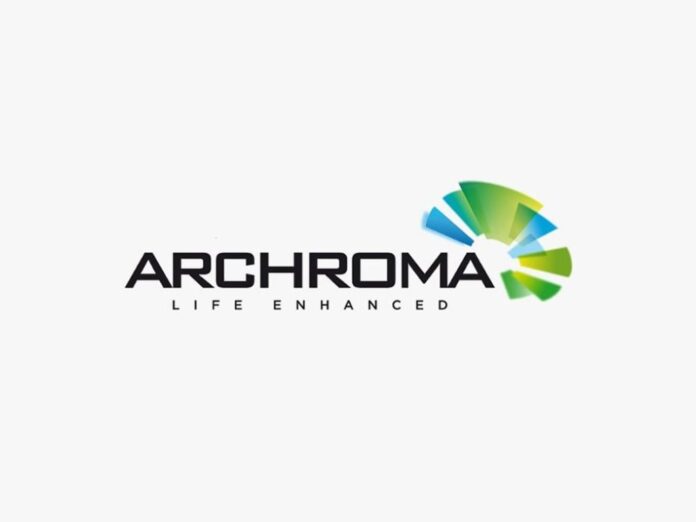LAHORE: Chemical dyeing company Archroma Pakistan Limited (APRL) is set to acquire textile company Huntsman Textile Effect Pakistan. The announcement of the acquisition comes a year after the parent companies of both APRL and Huntsman merged internationally.
So what is going on? The Pakistan chapter of APRL is based in Karachi and has two production sites at Jamshoro and Landhi. The company produces colour dyes, paper, coatings, adhesives, and sealants and has been the market leader in Pakistan for many years.
As a chemical company, APRL has a wide range of interests. Its adhesive and solvents make it a player in the construction industry while its specialised dyes mean that they are sought out by textile manufacturers. This is where Huntsman comes in. Huntsman Textile Effects Pakistan is the textile subsidiary of US-based multinational Huntsman Corporation which manufactures and markets chemicals to industries and consumers. Huntsman Textile Effects is headquartered in Singapore and stepped into Pakistan in 2011.
Following footsteps
Both APRL and and Huntsman Pakistan are internationally based, Archroma in Switzerland and Huntsman in the US. Formed in 1970, Huntsman is essentially a chemical company with a product and a textile division as well. Archroma, on the other hand, is a colour dye company with a rich lineage of 130 years, operating under different brand names, such as Kern and Sandoz in 1870, Clariant in 1997 and Archroma in 2013.
The decision of merger between the Swiss and US companies was first announced in August 2022,. Archroma Group’s Chief Executive Officer (CEO) Heike van de Kerkhof called the transaction a “merger of equals”. At that point the total enterprise value of the transaction was approximately $718 million, which includes the assumption of approximately $125 million in net underfunded pension liabilities as of December 31, 2021.
“Over the past seven months, we have conducted a comprehensive strategic review of our Textile Effects division, including detailed discussions with a wide range of relevant parties. After evaluating several different options and thoroughly reviewing prospective offers for the business, our Board of Directors decided that SK Capital would be a better owner of the business over the long-term than Huntsman and that the value they offered was in the best interests of our shareholders,” said Huntsman CEO Peter Huntsman at the time.
A year and a half later, the merger has trickled down to its Pakistani chapters as well.
Synergies between textile and chemicals
The textile and dye business has historically worked together in Pakistan. Textile processing is one of the most value-added and export-oriented sectors in Pakistan. Pakistan textiles and apparel worth $ 12.5 billion were exported from Pakistan in 2019-20, in which apparel contributed 20% and textiles 80%. The dyeing, printing and finishing sectors have seen remarkable improvements in textile technology over the years, to meet increasingly stringent requirements of lower usage of chemicals, water and energy. The textile industry has 650 independent processing units in and around Faisalabad, Gujranwala and Karachi, in which about 50 integrated units have complete finishing facilities i.e., bleaching, mercerizing, dyeing, calendaring and printing.
However, the textile industry all over the world has faced criticism for being among the largest users of chemicals and being highly water intensive. Over 2000 different chemicals are used in the industry, which account for almost 25% of the chemicals produced globally. Of this figure, the dyeing and finishing processes account for 90% of the total textile wastewater.
Therefore, even in Pakistan, this has raised concerns and subsequently led to the adherence of strict rules and standards to protect the environment. One measure towards sustainability was a limitation in imports of dye and pigments. The import in Pakistan decreased from Rs 25.86 billion in 2018-19 to Rs 31.08 billion in 2019-20. Instead there has been a focus on the import of organic chemicals. With the problem in the background, Archroma will be tested to carry out operations sustainably. Archroma has already been a step ahead with its product EartColor, which focuses on warm colour dyes produced organically and sustainably.





Jio Rockers Tamil Movies Download